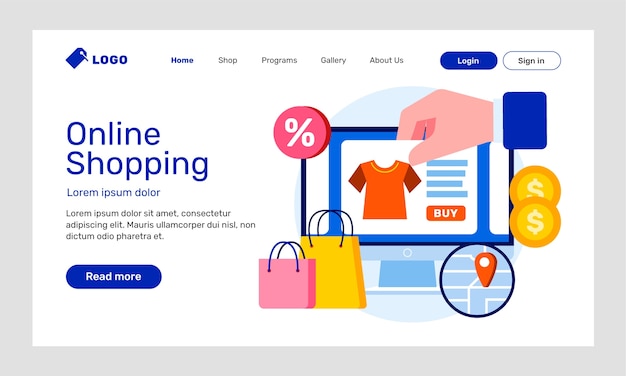
Explore 15 Top-Notch Online Platforms and Apps rivalling Mercari for Your Selling Adventures!

EARNING EXTRA CASH
Top 15 Alternatives to Mercari for Selling Stuff Online
Selling unwanted items online has never been simpler, but finding the right platform to use can be a challenge. Notable options include eBay, Facebook Marketplace, Craigslist, Etsy, and some lesser-known apps you may not be aware of.
One such app is Mercari, a Japanese platform that launched in 2013. Over recent years, it’s gained significant popularity in the U.S. as a platform for selling a variety of items, such as games, electronics, vintage pieces, automotive parts, and more.
In this post, let’s look into Mercari and 15 other similar platforms to help you choose the best one for your needs.
Mercari is free to list items for sale, but it does take a 10% selling fee, and a 2.9% + $0.30 payment processing fee, when items get sold. Despite the fees, Mercari boasts many useful features for both sellers and buyers. Here’s a rundown:
1. Authentication: If you’re selling expensive items, Mercari experts can authenticate your items for just $5.
2. Rapid Pay: The app provides quick and simple payment, which is available after a successful rating exchange between the seller and buyer.
3. Shipping Protection: The buyer covers shipping costs, which include protection against loss or damage in transit.
4. Mercari Now: Currently available in select locations, Mercari Now applies to items less than 50 lbs and manageable in car trunk size. These items can be delivered directly to the buyer’s door through Postmates.
Despite these features, the fees can be steep, prompting some sellers to consider alternative selling platforms like these:
1. eBay: A universal go-to for buying/selling, eBay’s search and filter function makes it easy to find what you want, though fees have increased, prompting some users to switch.
2. Poshmark: A marketplace focused on fashion items. Selling outside this category requires a different platform.
3. OfferUp: Ideal for eliminating shipping fees, OfferUp encourages local listings and in-person pick-ups.
4. Etsy: Specially designed for selling handmade, vintage, or custom products.
5. Depop: Suited to fashion bloggers and social media influencers looking to sell old clothes.
6. Shpock: Offers contactless buying and selling, including services like grocery deliveries and online classes. Only available in the UK at present.
7. StockX: Specializes in sneakers and limited streetwear, collectibles, and handbags.
8. ThredUP: Focuses on resale of secondhand clothes. It offers varying returns depending on the value and in-demand status of your items.
9. Vinted: Charges no selling fees and provides a feature to swap items.
10. The RealReal: Good for designer and luxury clothing items. They take care of the selling process for you and keep 15% of the profits.
11. Vestiaire Collective: Focused on selling luxury items. 12-15% commission on sales.
12. Curtsy: iOS-exclusive app focused on Gen-Z and Millennials selling clothes without meeting in person.
13. Chairish: Online marketplace for antique, vintage, and used items such as furniture and decor.
14. SidelineSwap: Niche platform specializing in selling sporting goods and accessories.
15. Craigslist: Well-established platform designed for quick local sales with no fees attached.
Some FAQs:
– Best app for selling online? Mercari is a top choice but there are plenty of other niche platforms for specific item types, like Poshmark for clothes.
– Is Mercari better than eBay? Mercari has lower selling fees than eBay and its seller rules and shipping process are easier to grasp. However, eBay has a larger audience.
Hopefully, I’ve sparked some ideas on how to start selling stuff online. Remember, platforms like Mercari are often free to join, so you can swap any time if your items aren’t selling.


